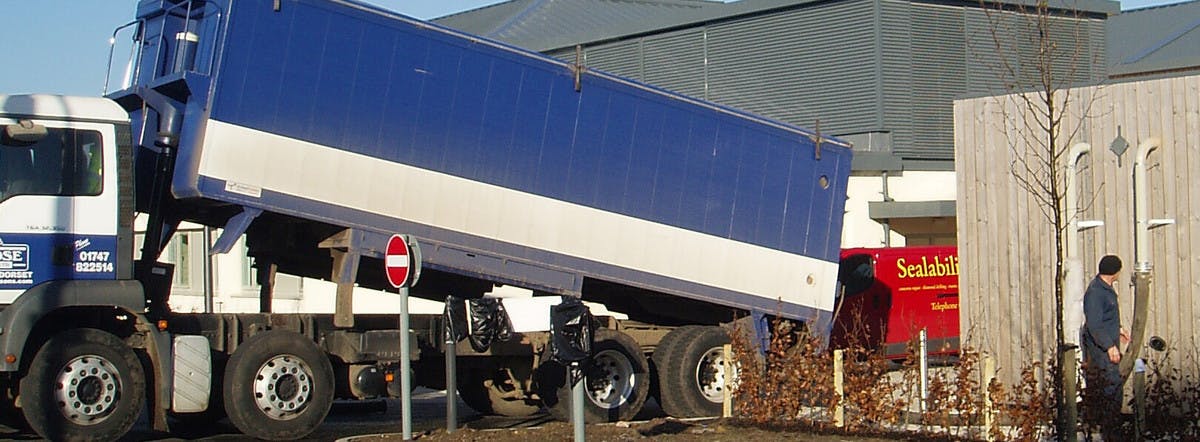Wood pellets are a biomass fuel made from compressed sawdust, produced as a waste product from sawmills. Their shape is achieved by compression at the pellet processing plant and their shiny surface is from the natural glues found in the sawdust.
Wood pellets should be Accredited to the ENPlus A1 or A2 Standard, 5-30mm in length, 5-6mm in diameter, with a water content of 8-10% and ash content of 0.5%. This gives a bulk weight of 650kg/m³ and produces 4.9kWh of heat per kg.
We recommend only using HETAS/ Woodsure quality-assured suppliers, to get the most heat and least hassle for your money. As with wood chips, a good starting point is the Biomass Suppliers' List. Their interactive map enables you to zoom in and locate suppliers in your area and filter by fuel type and accreditation.
Details on biomass boilers that can burn this type of fuel can be found on our wood pellet boiler page, you can also find out about our entire range by going to our biomass boiler page.

Wood pellets should be stored in purpose-built and enclosed stores with an access and inspection hatch. External filler tubes support the usually ‘blown’ delivery of pellets – delivered by tanker in a similar manner to oil.
The table below gives an overview of the relative densities per cubic metre, CO² emitted per kWh of heat generated and how many units of heat in kWh may be gained from different biomass fuels.

Biomass fuel information
Information about the different fuel types available for biomass boilers, the regulations, considerations to take and information on procurement.
Wood chips
Wood chips are small pieces of logs or wood waste. These are formed by passing through a chipping machine, which turns them into 30mm pieces, also known as G30.
Wood pellets
Wood pellets are a type of biomass fuel, made from compacted sawdust or other waste from saw-milling and manufacturing. At 4.8kWh per kg, you only need one third of the space that you'd need for wood chips.
Logs
As a biomass fuel, logs will generally deliver 5.1kWh per kg, depending on moisture content and type of wood (hardwood or softwood, and species).
Grain
Grain can be an economical and convenient fuel for use in biomass boilers. 'Pourable' grain such as oats, wheat and barley have a low nitrogen content. Being a slightly denser fuel than miscanthus, it will require less space to store for the same amount of heat.
Miscanthus
Miscanthus, (or 'elephant grass') is a perennial grass originating from Asia. It is becoming popular as an energy crop as it can easily and quickly grow on poor quality land with no need for fertilisers or very much intervention.
About the BSL
The Biomass Suppliers List (BSL) is a list of woodfuel that has proven it meets the eligibility requirements for the Renewable Heat Incentive (RHI) scheme.